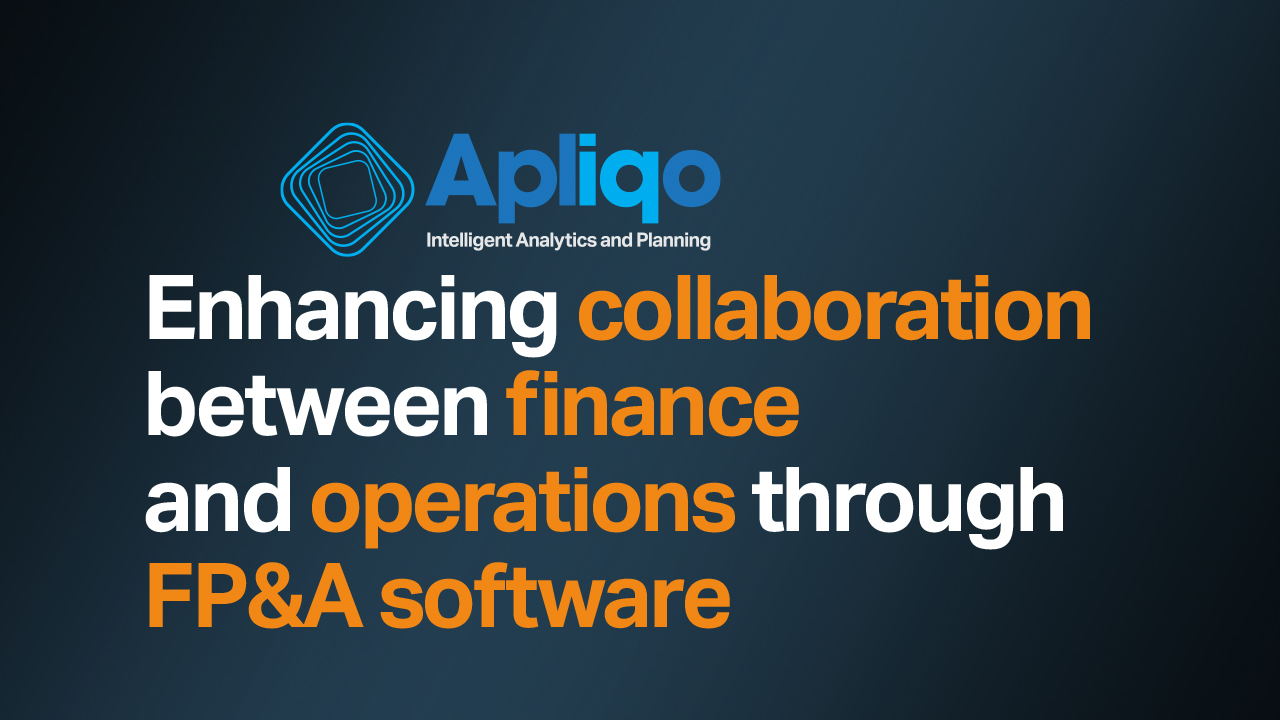In this blog, we look at the possible economic implications of a no-deal Brexit and how companies can prepare for these challenges.
Theresa May’s plan for leaving the EU consisted of a “customs union” agreement between the UK and EU in which neither would enforce import tariffs on the other’s goods. The Brexit deal also preserved the UK’s economic freedom to negotiate separate trade agreements with other countries and ensured that Brits and Europeans living and working abroad could continue doing so without the need for visas.
What Does A No-Deal Brexit Mean For The Economy?
On March 29th, the UK parliament voted against May’s plan for the third time, possibly leaving the UK to exit the EU with no plan in place to deal with the transition. So, what economic consequences would a no-deal Brexit bring?
- First and foremost, the UK’s tariff-free trade agreement with the EU would come to an end. This would hurt trade, as UK imports would become more expensive in the EU. Meanwhile, the UK is heavily reliant on European imports (it currently imports roughly 30% of its food from the EU, for example), meaning it would likely not be able to enforce the same tariffs on imported EU products.
- London has long served as an entry point into the EU economy, attracting huge foreign investments, especially from the US. A no-deal Brexit will encourage these investors to take their business elsewhere within the EU, costing London up to 5,000 jobs and potentially triggering a real-estate crisis as offices in the city’s CBD stand empty.
- Foreign currency markets will take a hard blow. The Pound is expected to drop by 25% if Britain exits the EU with no agreement. The Euro may also suffer, which could cause the Dollar to rise, driving up share prices in the US and the price of US imports into the UK, one of the US’ largest trade partners.
- Ports and airports will be brought to a standstill. Sudden customs changes would slow down trade in ports, while many European airlines risk losing their licenses to fly in and out of the UK.
- Supply chains and just-in-time production, like that used in the automotive industries, would suffer due to the new customs changes. BMW and Peugeot have already closed plants in the UK in preparation for supply shortages as a result of a no-deal Brexit.
- A custom’s border would be built between Northern and Southern Ireland, affecting trade and travel. Most of Ireland’s exports currently go to the UK, and thousands of people cross Nothern-Southern Irish border every day to go to work.
- Brexit has already fueled discussions of other nations leaving the EU. Germany and France, for example, have already toyed with the idea, meaning the EU risks losing two of it’s strongest economies.
- Workforces in the EU and UK will shrink, as UK workers no longer have easy access to the EU job market and vice versa.
How Can Companies Prepare For A No-Deal Brexit?
In 2018, Linda Yueh from the London Business School said that “the only certainty about Brexit is the uncertainty.” That remains true, even though it seems ever more likely that the EU and UK won’t strike a deal by April 12th.
So, what can companies in the EU and UK do in order to best prepare for the uncertainty? Well, investing in the right technology is definitely a solid approach.
Business software solutions such as Apliqo leverage functional databases allowing for very complex forecast modeling. These forecasts can account for countless different scenarios, allowing businesses to be better prepared for uncertain situations like Brexit.
Apliqo helps companies get quicker insights on complex business matters via its pre-built financial modeling engine. The system allows companies to stress-test profit and loss, balance sheets, and cash flow, all in real time. Using Apliqo, businesses can also create new plans and financial situations on the fly and immediately see the impact these changes may have on their organization.
Apliqo can also help companies analysis changes to the foreign currency market. With so much uncertainty facing the Pound, Euro, and even the USD, companies can leverage Apliqo’s countless forecasting models to better prepare for even the most unforeseeable currency fluctuations.
Click HERE to see how Apliqo can help organizations like yours assess the impact of Brexit on its operations and start preparing for the uncertainty today.







